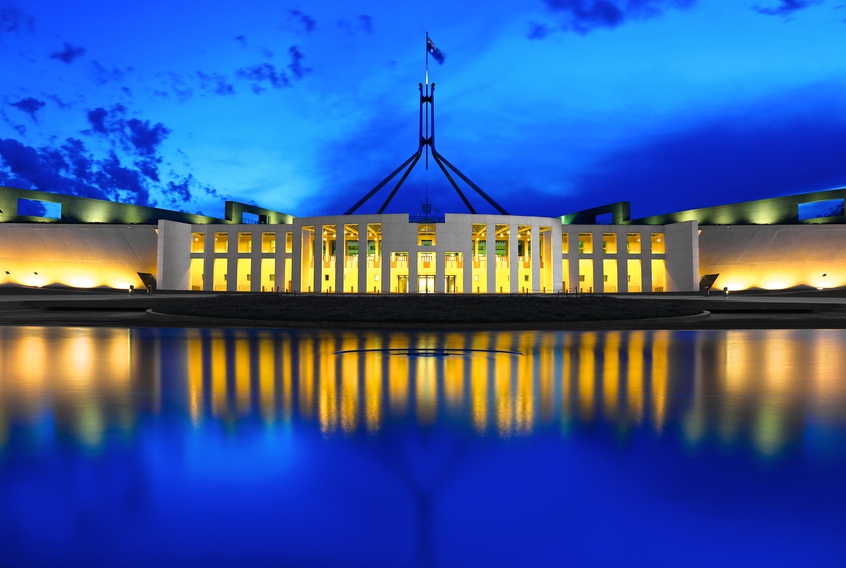In brief
The new corporate liability provision under Section 17A of the Malaysian Anti-Corruption Commission Act 2009 (“Section 17A“) has come into force on 1 June 2020. As highlighted in our earlier client alert (see Link), a company may be held criminally liable under this new provision for acts of bribery committed by its directors, employees or other associated persons. The only defence available is for the company to prove that it has put in place adequate procedures designed to prevent these corrupt acts.
This new corporate liability provision applies not only to Malaysian companies, but also to foreign companies with businesses in Malaysia.
Contents
Impact on Foreign Companies
The new Section 17A applies to all foreign companies and partnerships which carry on businesses in Malaysia. Although the Act is silent as to what amounts to “carrying out business” in Malaysia, it is likely that a foreign entity will fall within the ambit of Section 17A if it carries on business in Malaysia through an agent or intermediary such as a distributor or reseller and/or through a subsidiary.
The following are examples of two scenarios where a foreign company may be exposed to liability under Section 17A:
- Foreign company’s employees or agents pay a bribe in Malaysia
A foreign company may be liable for an offence under Section 17A of the Act if its employees, agents or persons associated with it bribes or attempts to give a bribe in Malaysia to obtain or retain business or business advantage for the company.
- Foreign company’s subsidiary pays a bribe in Malaysia
A foreign company may also be liable if its subsidiary bribes or attempts to give a bribe in Malaysia to obtain or retain business or business advantage. This is illustrated in the first prosecution under the UK Bribery Act 2020 in the case of R v Sweett Group plc (“Sweett“) (unreported)(2015), whereby a subsidiary of Sweett paid a bribe in the Middle East to secure a project. Notwithstanding that, the subsidiary engaged in the bribery without the involvement or knowledge of its parent company and that the contract was awarded to the subsidiary, the judge took into account the fact that the subsidiary was not autonomous but was effectively operated by Sweett as a division in the Middle East.
For completeness, we wish to highlight that liability may not accrue through simple corporate ownership or investment, or through the payment of dividends or provision of loans by a subsidiary to its parents. The degree of control of the Malaysian subsidiary will be a relevant factor whether liability is extended to a foreign holding company under Section 17A.
Action to consider
The penalties arising from liability under Section 17A is a fine not less than 10 times the value of the bribe or MYR 1 million (whichever is higher) and/or imprisonment of a term not exceeding 20 years.
In light of this, foreign companies with businesses in Malaysia should take steps to assess their risk and to consider putting in place the required adequate procedures which is the only defence available for corporates arising from liability under Section 17A. Please refer to our previous client alert here on how to comply with the requisite adequate procedures under Section 17A.



